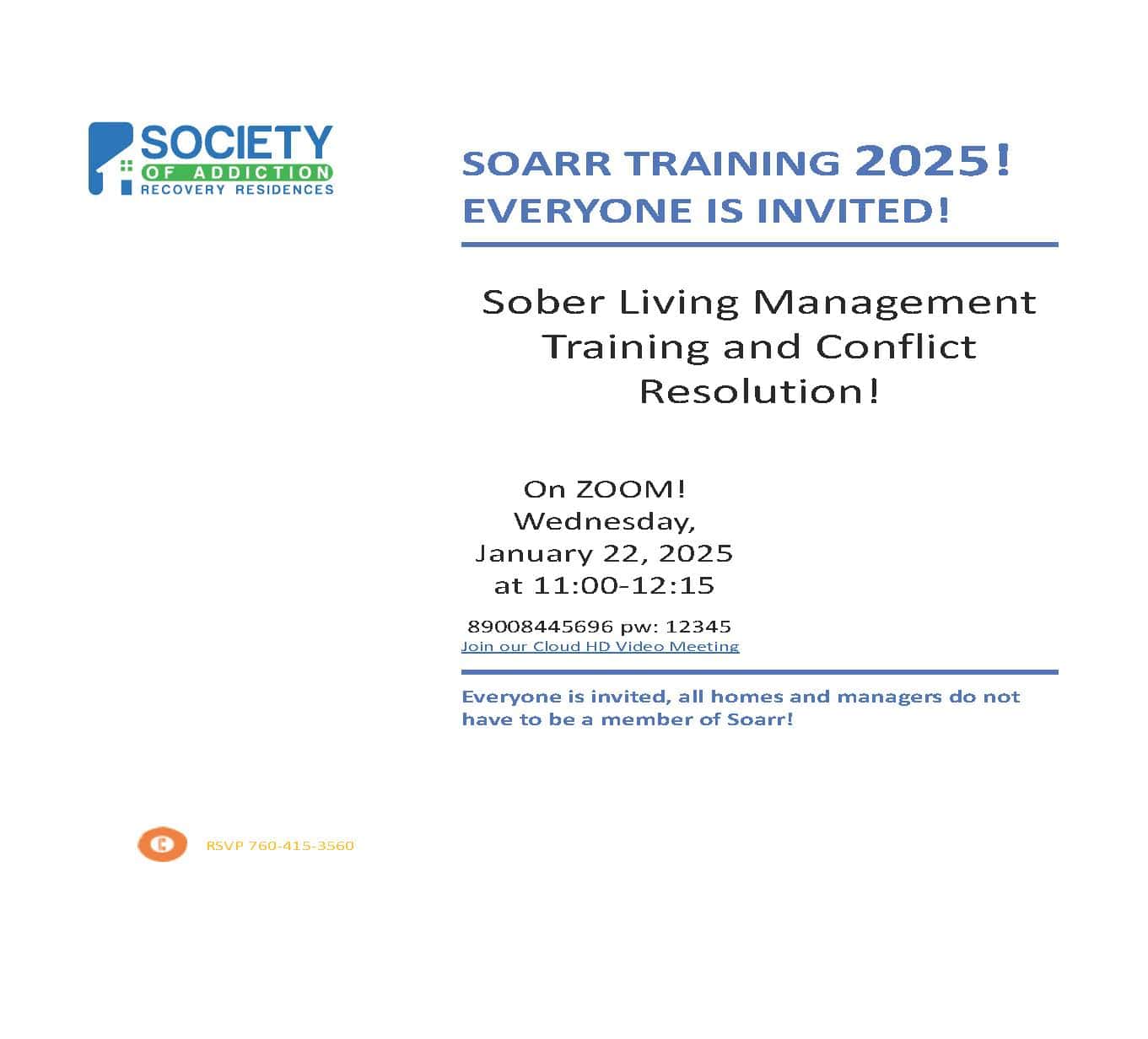Many people recovering from addiction may have issues with having a functional life. Getting sober isn’t easy, but it’s very rewarding. Drug addiction, also called substance use disorder (SUD), is considered a disability in California under certain circumstances. People in recovery from addiction can find protection within disability, healthcare, and discrimination laws. These laws do not typically protect people if they are currently actively using drugs or alcohol because behavioral issues caused by substance use often put other people at risk, including employers. However, many protections are in place when seeking treatment or maintaining sobriety.
Housing and Employment Protections for Addiction
The California Fair Employment and Housing Act (FEHA) protects individuals with disabilities from discrimination in employment and housing. While the law does not explicitly mention drug addiction, it defines disability as a physical or mental impairment that limits one or more major life activities.
The California Department of Fair Employment and Housing has clarified that SUD can qualify as a disability if it substantially limits a major life activity, such as working or interacting with others. Many people recovering from substance use disorder spend much time at 12-step meetings and therapy, especially within the first 12 months of sobriety.
According to the California Department of Fair Employment and Housing, employers in California must make reasonable accommodations for employees with disabilities, including those with SUD, unless it would cause an undue hardship. For a person recovering from addiction, this means reasonable accommodations like time off for treatment, therapy, or attending a 12-step meeting. These accommodations also may mean your employer will modify your work schedules or provide a supportive work environment. Employers are also prohibited from discriminating against individuals with disabilities, including those with addiction, during the hiring process or during employment.
Landlords are not typically allowed to discriminate, although many can exclude addicted persons through a background check that uncovers a criminal record or poor credit. Many people recovering from substance or alcohol misuse find that sober housing can help them stay grounded and focus on the future and may even provide a reference for future housing.
Federal Disability Laws Protecting People in Recovery
The Americans with Disabilities Act (ADA) is another federal law that can provide protection for individuals with addiction or substance use disorders. While the ADA does not list specific conditions as disabilities, it defines disability as a physical or mental impairment that substantially limits one or more major life activities.
In certain cases, SUD can be considered a disability under the ADA, and individuals with a diagnosis are protected from discrimination in employment by federal law.
It’s important to note that the classification of addiction as a disability may depend on the individual circumstances and the impact of the disorder on the person’s ability to perform major life activities. Each case is evaluated individually, considering factors such as the severity and duration of the disorder. It is advisable for individuals with addiction who believe they are facing discrimination to seek legal advice.
Disability Discrimination Healthcare Laws Protecting People With Addiction
In California, the Confidentiality of Medical Information Act (CMIA) safeguards the privacy and confidentiality of an individual’s medical information, including substance use disorder treatment records. This law prohibits the disclosure of such information without the patient’s consent, except in limited circumstances specified by law. The CMIA aims to ensure that individuals seeking treatment for substance use disorder are not discouraged from seeking help due to concerns about the privacy of their medical information.
At the federal level, the Health Insurance Portability and Accountability Act (HIPAA) includes provisions that protect the privacy and security of an individual’s medical information, including records related to substance use disorder treatment. HIPAA restricts the disclosure of protected health information without the patient’s authorization, with certain exceptions, such as for treatment, payment, and healthcare operations. The goal is to maintain the confidentiality of sensitive information and encourage individuals to seek necessary treatment without fear of discrimination or stigma. Many people choose NOT to share information on medical forms, but you must read the agreements before you sign.
The Affordable Care Act (ACA) also includes provisions on healthcare equity that expand access to substance use disorder treatment and mental health services. The ACA requires health insurance plans to cover essential health benefits, which include substance use disorder treatment and mental health services.
Sober Living Homes
Sober homes often have openings throughout the year as well. Search our pre-screened sober living programs and how they can help.





